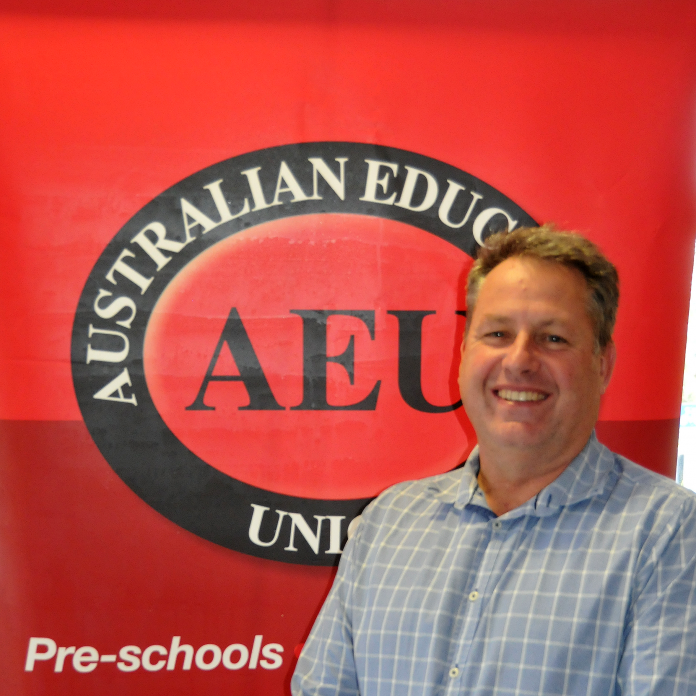
Aidan Curtis
FEDERAL Budget funding is putting plenty of financial incentives on the table to attract more people to teaching, but the profession’s union thinks it will not be enough.
Last week’s Federal Budget announced a range of measures to try and convince people to take up teaching, including scholarships of up to $10,000 for students heading to university from regional areas.
Australian Education Union South Australia (AEUSA) president Andrew Gohl believes the budgetary measures are welcome, but still do not address the root of the problem.
Mr Gohl told The Border Watch that the real problem remains the excessive workload and lack of support for early career teachers, which drives people away from the profession.
“The thing which is the most off-putting component of teaching at the moment is the excessive workload, the excessive administrative and bureaucratic workload and the data collection,” he said.
“Teachers are there because they value the learning relationships they have with children and they value any time they can have to do the work which supports students in class.
“Unfortunately, we’ve got to a point here where the administrative workload has become so much that it’s forcing people out of education.”
Mr Gohl said there was already evidence in South Australia that throwing more money at the problem was not always the solution.
He said there were already State Government measures in place to try and attract more teachers.
“In some cases, the incentive to go out to the country to get a $10,000 incentive in addition to salary hasn’t been enough to attract people to particular positions,” Mr Gohl said.
“If we’re going to deal with the teacher shortage crisis, we have to deal with the issues around working conditions because that is where the problem lies.
“Any measures are welcome, but these measures all skirt around the fundamental issue of addressing the excessive workloads teachers are experiencing.
“It’s unsustainable.”







